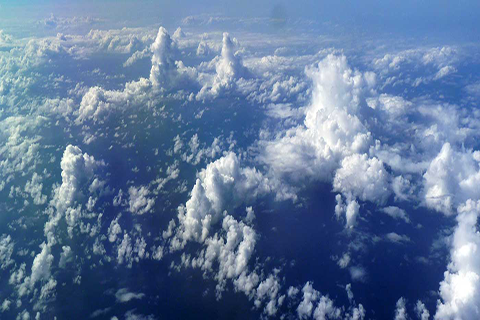
Transcript available! On Wednesday, February 5, climate expert Dr. Gijs de Boer answered questions in a Climate.gov tweet chat about the ATOMIC cloud-science mission in Barbados. Read the transcript.

Transcript available! On Wednesday, February 5, climate expert Dr. Gijs de Boer answered questions in a Climate.gov tweet chat about the ATOMIC cloud-science mission in Barbados. Read the transcript.
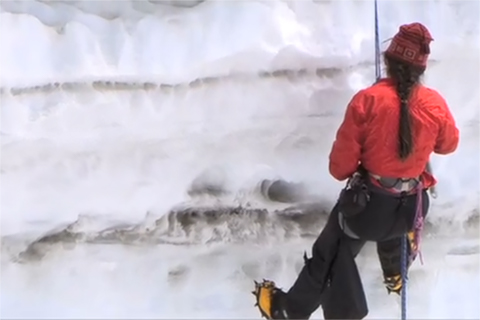
No. By a large majority, climate scientists agree that average global temperature today is warmer than in pre-industrial times, and that human activity is the primary contributing factor.
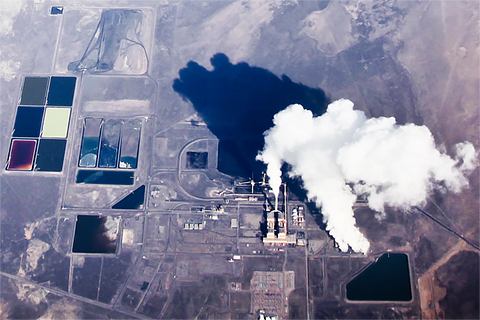
Yes, human activity is putting carbon dioxide into the atmosphere faster than natural processes take it out. Rising carbon dioxide levels are strengthening Earth's greenhouse effect and causing global warming.
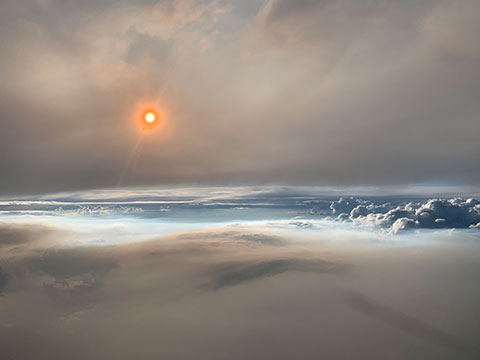
If you missed our August 29 tweet chat, here's the transcript. Read what the fire and smoke experts had to say about the FIREX-AQ field campaign and its mission to study what's in the smoke from wildfires and agricultural burning.
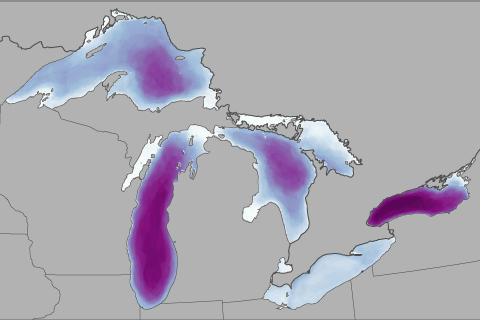
Ice cover on the Great Lakes has been decreasing since the 1970s, affecting everything from fishing to shipping.
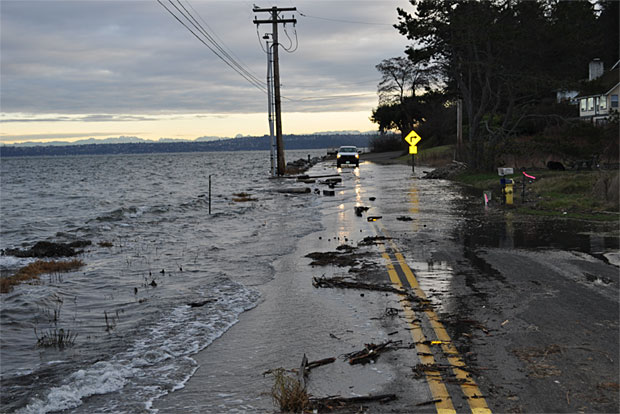
¿Qué tan buenos somos para detectar la influencia del calentamiento global en huracanes, incendios y otros eventos extremos? Estas preguntas y respuestas de nuestros archivos lo explican.

Trees within a city can help reduce urban heat, control stormwater, and provide habitat to local wildlife. As climate conditions change, a Chicago group is working to enhance the reilience of the city's urban forest.

A Q & A about the science of detecting the influence of global warming on hurricanes, fires, and other extreme events.
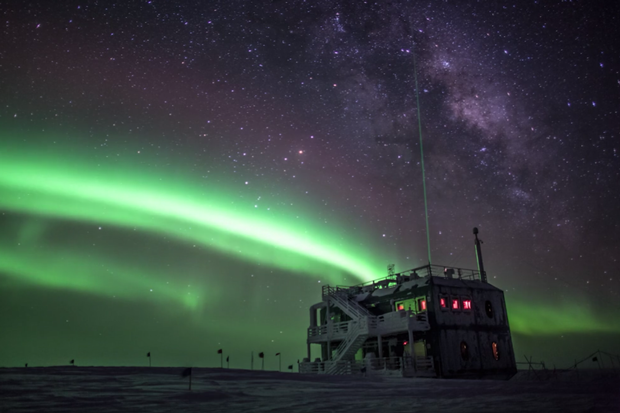
The ozone hole didn't cause global warming, but climate and the ozone hole are related in other ways.
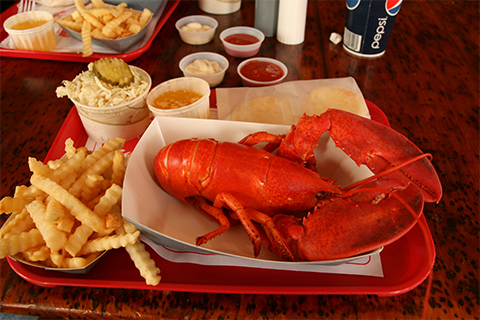
For New Englanders, the saying “as American as apple pie” may as well be “as New England as lobster.” But warming sea surface temperatures from climate change are forcing populations of the American lobster to higher latitudes than ever before—and upending fishing communities on the New England coast.